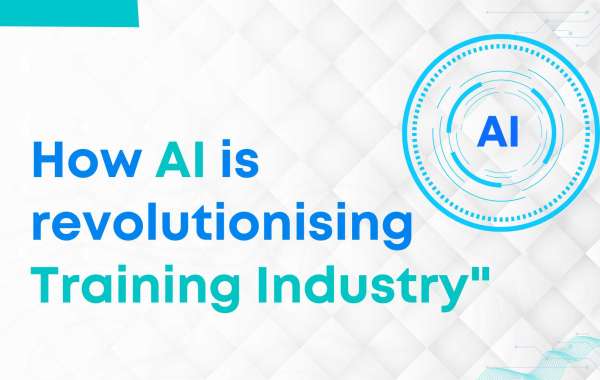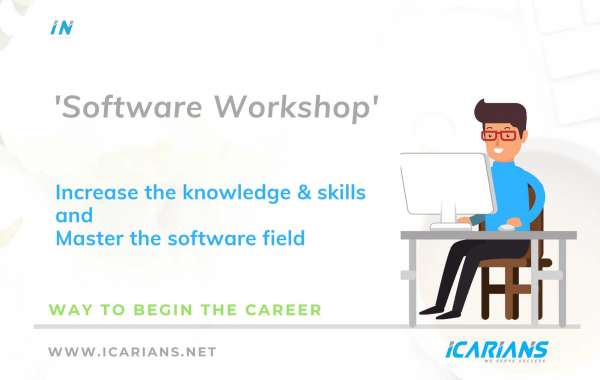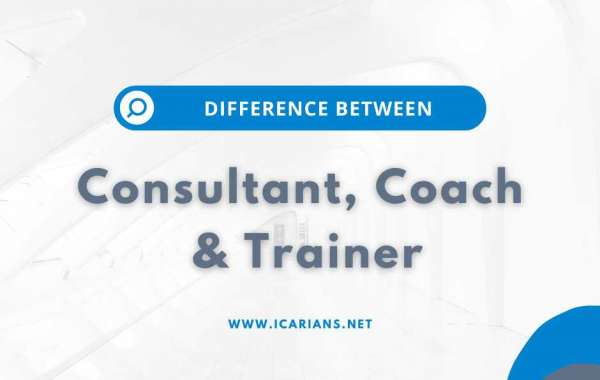"Technology will never replace great trainers, but trainers who use technology will replace those who don’t."
Today, training is no longer just about delivering content. It’s about engaging learners, personalizing experiences, and achieving measurable results. AI is playing a pivotal role in making this possible.
Let’s explore how AI is transforming the training industry and shaping the future of learning.
1. Personalized Learning Paths
AI can analyze learners’ skills, preferences, and progress to create customized training programs.
Why it works:
- Adapts content to individual needs.
- Ensures faster and more effective learning.
Example:
An AI-driven platform identifies an employee’s weak areas in communication and recommends specific modules to improve them.
2. Virtual Trainers and Chatbots
AI-powered chatbots and virtual assistants provide real-time support to learners.
Why it works:
- Available 24/7 for answering queries.
- Reduces dependency on human trainers for routine questions.
Example:
A virtual assistant helps employees navigate a leadership development course by answering questions and suggesting additional resources.
3. Predictive Analytics
AI can analyze past data to predict future learning needs and outcomes.
Why it works:
- Helps organizations plan training programs proactively.
- Identifies employees who may need extra support.
Example:
AI predicts that employees in a certain department need upskilling in new software based on upcoming project requirements.
4. Gamification with AI
AI enhances gamified learning experiences by adapting challenges based on learner performance.
Why it works:
- Keeps learners engaged and motivated.
- Makes learning fun and interactive.
Example:
An AI-driven game adjusts difficulty levels in a cybersecurity training module, ensuring employees stay challenged but not overwhelmed.
5. Automated Content Creation
AI can generate training content like quizzes, scenarios, and simulations in minutes.
Why it works:
- Saves time for trainers.
- Ensures content is up-to-date.
Fact:
AI tools like ChatGPT and others are being used to create microlearning modules for various industries.
6. Virtual Reality (VR) and AI Integration
AI-powered VR simulations provide immersive, hands-on training experiences.
Why it works:
- Offers risk-free environments for practicing skills.
- Increases retention through experiential learning.
Example:
A VR training module simulates real-world challenges for a supply chain team, powered by AI to adapt scenarios dynamically.
7. Feedback and Assessment Automation
AI tools can evaluate assessments, provide instant feedback, and suggest areas for improvement.
Why it works:
- Reduces trainers’ workload.
- Provides immediate insights to learners.
Example:
An AI tool reviews a learner’s essay in a soft skills course, offering suggestions to improve clarity and tone.
The Future of AI in Training
1. Hyper-Personalization: AI will create even more tailored learning experiences.
2. Advanced Analytics: AI will predict not just training needs but also long-term career growth paths.
3. Global Accessibility: AI will make quality training accessible to remote and underserved areas.
So, how is AI contributing to the training industry?
1. Personalizing learning for individuals.
2. Automating mundane tasks for trainers.
3. Making training interactive, engaging, and data-driven.
AI doesn’t replace trainers; it enhances their ability to create meaningful learning experiences.
By the way, which AI-driven tool have you used or would like to explore for training?
"The future of training isn’t just about teaching—it’s about evolving, and AI is leading the way."














